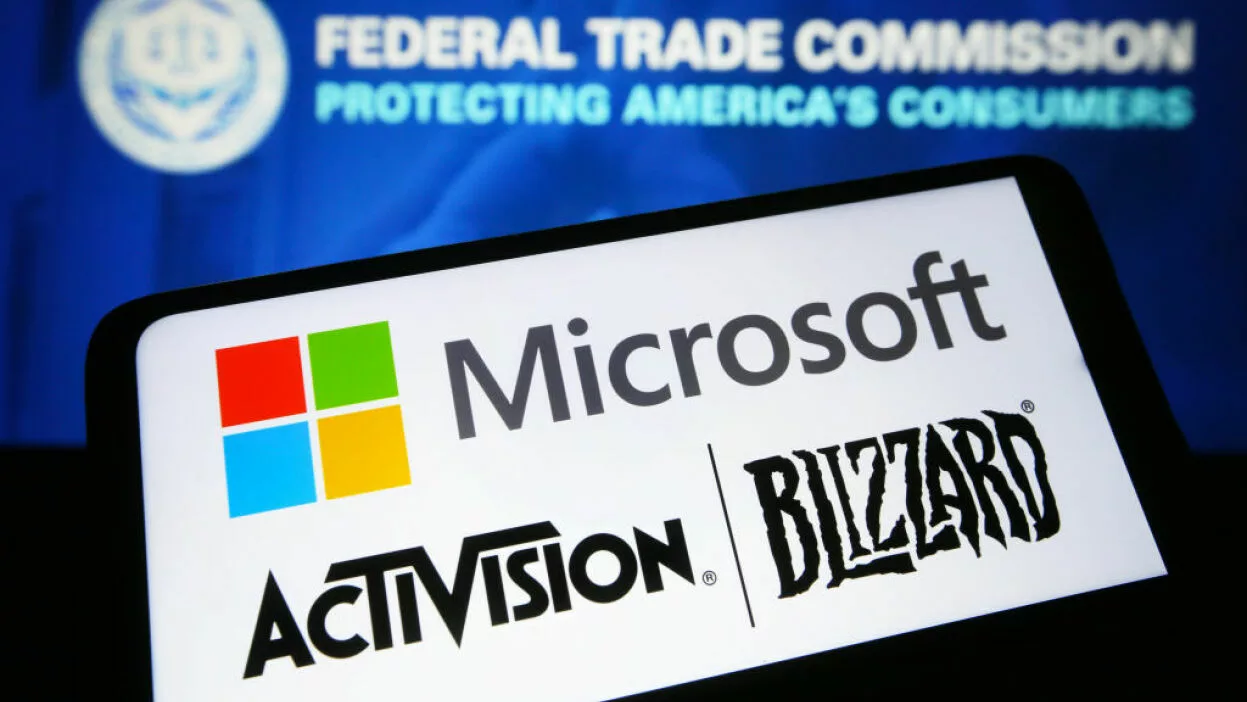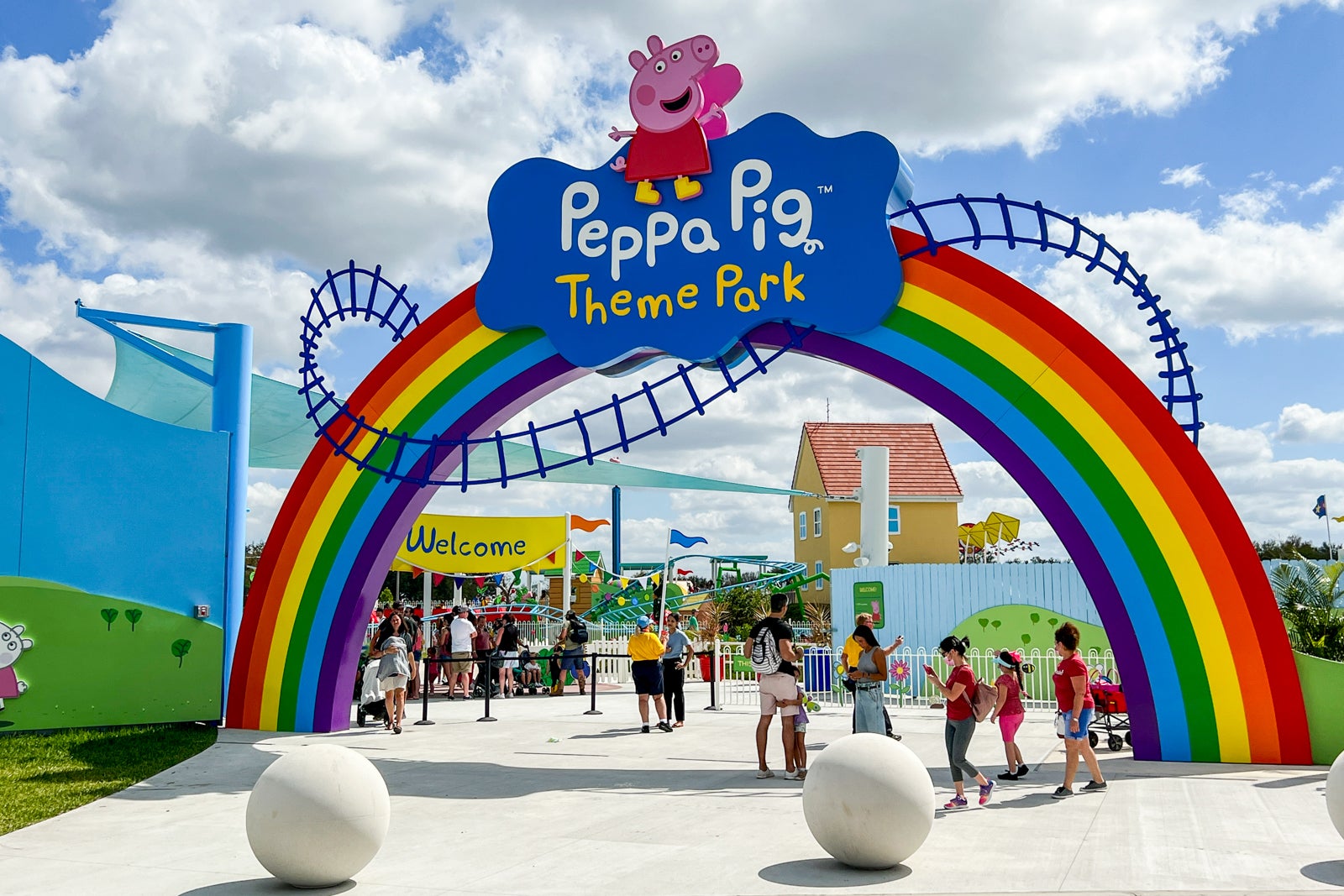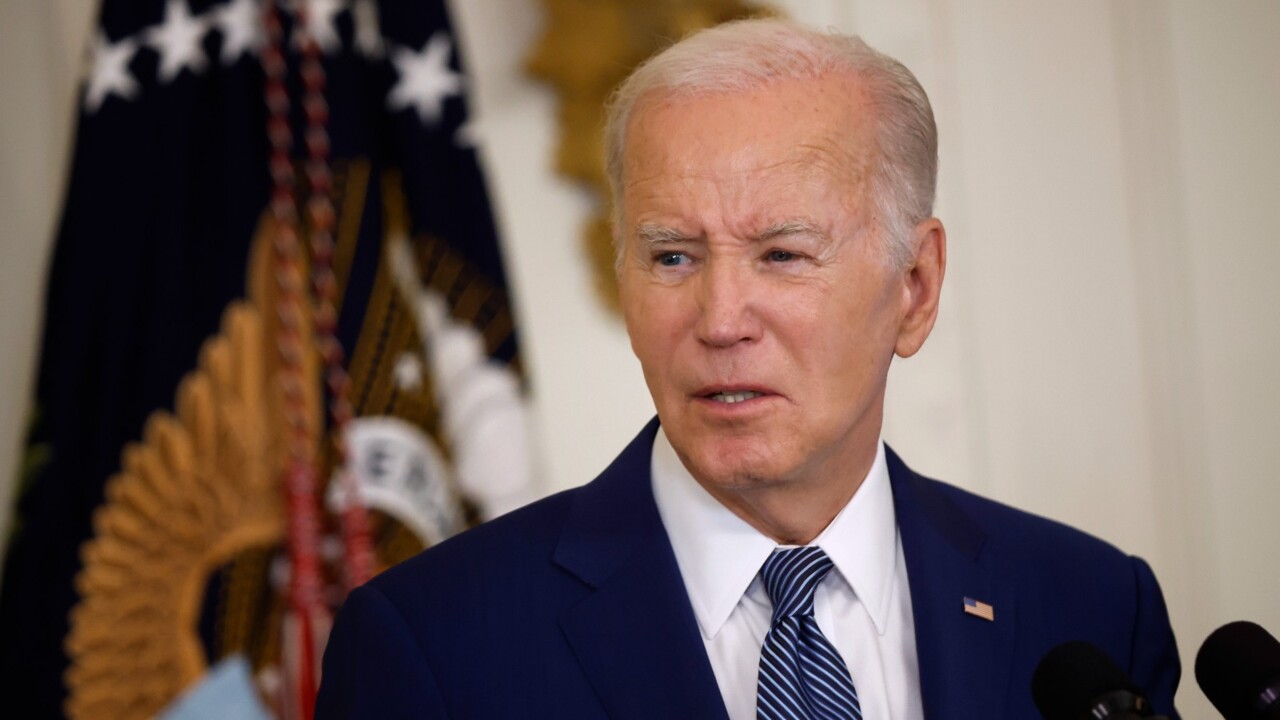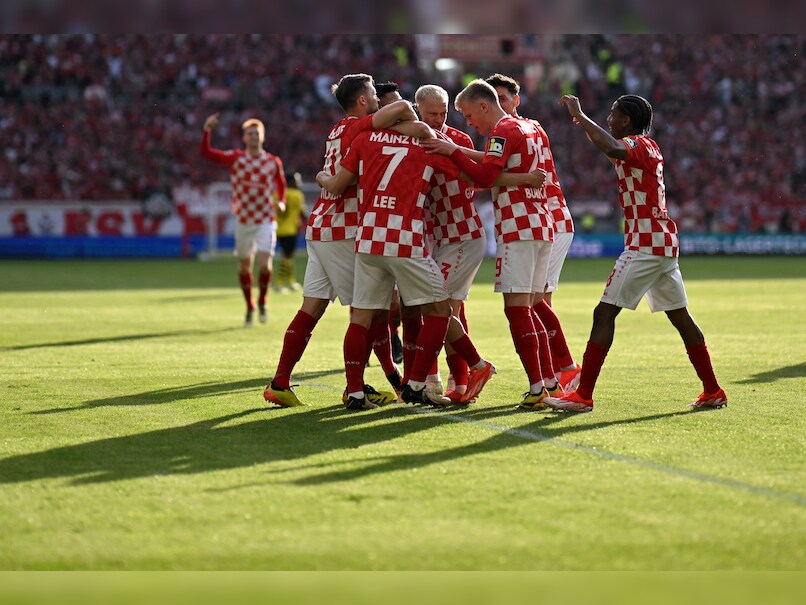FTC's Appeal Against Microsoft-Activision Merger Decision

Table of Contents
The FTC's Concerns Regarding Competition
The Federal Trade Commission (FTC) argues that the Microsoft-Activision merger poses a significant threat to competition within the gaming industry. Their concerns center around two key areas: the console market and the burgeoning cloud gaming sector.
Stifling Competition in the Console Market
The FTC's primary concern is that the merger would grant Microsoft an unfair competitive advantage in the console gaming market. By acquiring Activision Blizzard, Microsoft would gain control of immensely popular franchises like Call of Duty, World of Warcraft, and Candy Crush. This acquisition, the FTC argues, could lead to several anti-competitive outcomes:
- Reduced consumer choice: Microsoft could make Activision Blizzard games exclusive to its Xbox ecosystem, limiting consumer choice and forcing players to purchase Xbox consoles to access these titles.
- Potential for higher prices: Reduced competition could lead to higher prices for games and gaming consoles, harming consumers.
- Exclusion of rivals from key titles: Competitors like Sony PlayStation could be disadvantaged, losing access to crucial titles and potentially losing market share.
- Microsoft's potential to leverage its market power: The merger could enable Microsoft to leverage its market dominance to stifle innovation and competition from smaller developers and publishers.
Impact on Cloud Gaming
Beyond consoles, the FTC highlights concerns about Microsoft's potential to leverage its new acquisition to dominate the rapidly expanding cloud gaming market.
- Limiting access to Activision Blizzard games on rival cloud platforms: Microsoft could restrict access to Activision Blizzard games on competing cloud gaming services like Google Stadia or GeForce Now, hindering their growth and competitiveness.
- Creating a barrier to entry for new competitors: This move could make it significantly harder for new entrants to gain a foothold in the cloud gaming market.
- Potential for anti-competitive practices in cloud gaming subscriptions: Microsoft could bundle Activision Blizzard games exclusively with its own cloud gaming subscription service, giving it an unfair advantage.
Microsoft's Defense of the Merger
Microsoft vehemently denies the FTC's claims, arguing that the merger will ultimately benefit consumers and foster innovation within the gaming industry.
Arguments Against Anti-Competitive Behavior
Microsoft's defense rests on several key arguments:
- Promises to keep Call of Duty on PlayStation: A central point in Microsoft's defense is its commitment to continue releasing Call of Duty on PlayStation consoles, ensuring ongoing access for PlayStation users.
- Claims the merger will drive innovation and competition: Microsoft argues that the combined resources and expertise will lead to greater innovation in game development and a wider variety of high-quality games for consumers.
- Highlights investments in game development and accessibility: Microsoft emphasizes its ongoing investments in game development, accessibility features, and expanding the reach of gaming to a wider audience.
Addressing FTC Concerns
Microsoft has actively engaged with the FTC's concerns, offering concessions and attempting to address the regulator's points:
- Proposed agreements to ensure access to Activision Blizzard titles: Microsoft has proposed various agreements to ensure continued access to Activision Blizzard titles on competing platforms.
- Commitments regarding fair licensing and access for competitors: Microsoft has made commitments to ensure fair licensing terms and access to Activision Blizzard's intellectual property for competitors.
- Offers to maintain transparency and competition: Microsoft has offered to maintain transparency regarding its practices and ensure fair competition within the gaming market.
Potential Outcomes and Implications
The outcome of the FTC's appeal against the Microsoft-Activision merger carries immense significance for the gaming industry and beyond.
Impact on the Gaming Industry
The decision will profoundly impact the future landscape of the gaming industry, setting precedents for future mergers and acquisitions:
- Potential for increased regulatory scrutiny of large tech mergers: The case could lead to increased regulatory scrutiny of large mergers and acquisitions in the tech sector.
- Implications for the future of cloud gaming and subscription services: The outcome will significantly affect the development and competition within the rapidly growing cloud gaming and subscription services market.
- Setting a precedent for antitrust enforcement in the digital market: This case will establish crucial precedents for antitrust enforcement in the digital market, shaping how future mergers are evaluated.
Legal Precedents and Regulatory Scrutiny
This legal battle has far-reaching implications for how antitrust laws are applied to the tech industry:
- Setting legal precedents for future cases: The ruling will set important legal precedents for future antitrust cases involving tech mergers and acquisitions.
- Impacting regulatory oversight of tech mergers: The decision will influence regulatory oversight of tech mergers and acquisitions, potentially leading to stricter regulations.
- The role of competition authorities in regulating digital markets: The case highlights the crucial role of competition authorities in regulating dynamic digital markets.
Conclusion
The FTC's appeal against the Microsoft-Activision merger is a pivotal moment for the gaming industry. The outcome will profoundly shape the future of competition, innovation, and consumer choice in the video game market. The arguments presented by both sides underscore the complexities of regulating mergers in the rapidly evolving digital landscape. A thorough understanding of the FTC's appeal and Microsoft's response is crucial for anyone interested in the future of the gaming industry and its regulatory environment. Stay updated on the ongoing developments in the FTC's Appeal Against Microsoft-Activision Merger to fully grasp its impact.

Featured Posts
-
 New Peppa Pig Theme Park What To Expect In Texas
May 21, 2025
New Peppa Pig Theme Park What To Expect In Texas
May 21, 2025 -
 Abn Amro Opslag Problemen Met Online Betalingen
May 21, 2025
Abn Amro Opslag Problemen Met Online Betalingen
May 21, 2025 -
 Do Hunter Bidens Recordings Indicate Joe Bidens Cognitive Decline
May 21, 2025
Do Hunter Bidens Recordings Indicate Joe Bidens Cognitive Decline
May 21, 2025 -
 Big Bear Ai Holdings Inc Bbai Stock Plunge Missed Revenue And Leadership Issues
May 21, 2025
Big Bear Ai Holdings Inc Bbai Stock Plunge Missed Revenue And Leadership Issues
May 21, 2025 -
 Clean Energys Growing Pains Attacks And Challenges In A Thriving Industry
May 21, 2025
Clean Energys Growing Pains Attacks And Challenges In A Thriving Industry
May 21, 2025
Latest Posts
-
 Goretzka In Germany Nations League Squad Nagelsmanns Selection
May 21, 2025
Goretzka In Germany Nations League Squad Nagelsmanns Selection
May 21, 2025 -
 Beiers Two Goals Secure Dortmund Win Over Mainz
May 21, 2025
Beiers Two Goals Secure Dortmund Win Over Mainz
May 21, 2025 -
 Germanys Nations League Squad Goretzka Included By Nagelsmann
May 21, 2025
Germanys Nations League Squad Goretzka Included By Nagelsmann
May 21, 2025 -
 Uefa Nations League Germany Overcomes Italy To Secure Final Four Spot
May 21, 2025
Uefa Nations League Germany Overcomes Italy To Secure Final Four Spot
May 21, 2025 -
 Nagelsmann Names Goretzka To Germanys Nations League Squad
May 21, 2025
Nagelsmann Names Goretzka To Germanys Nations League Squad
May 21, 2025
